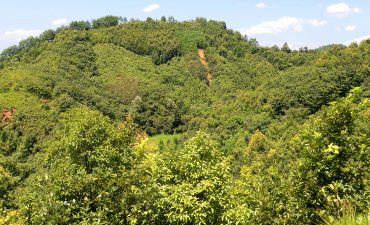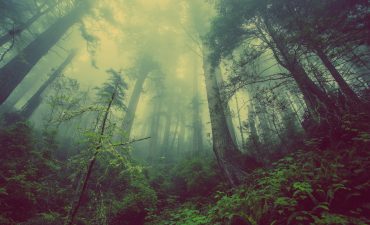Breeding birds prefer old, structured forests
Summary of an external study by Heike Begehold, Michael Rzanny and Martin Flade
The forest is in a life cycle that can be described by different phases of forest development. These phases can be divided into six phases: Gap, rejuvenation phase, initial phase, optimal phase, terminal phase and decay phase, which ends at about 600 years. Each phase is characterised by age-related habitat structures, such as crown closure, thickness of trees or deadwood content and coverage wheel of the rejuvenation. The study investigates the habitat preferences of 37 breeding bird species in 19 beech forest areas of about 40 hectares each in the lowlands. It shows that 19 out of 37 breeding birds, including cave breeders, half-cave breeders, ground breeders and the main beech forest species mainly prefer forests in the terminal or decay phase, i.e. breed mainly in old forests, as they find the best habitat and living conditions for them here.
Comment
The structure of forests is influenced by management. This also affects the composition and abundance of the species found there. Natural forests contain all phases of forest development, no structures have to be created here, they arise by themselves, there is a spatial coexistence of gaps, old, young and dead trees, which represent the best nursery for rare forest birds.
Source
Heike Begehold • Michael Rzanny • Martin Flade (2015): Forest development phases as an integrating tool to describe habitat preferences of breeding birds in lowland beech. Journal of Ornithology 156:19-29


